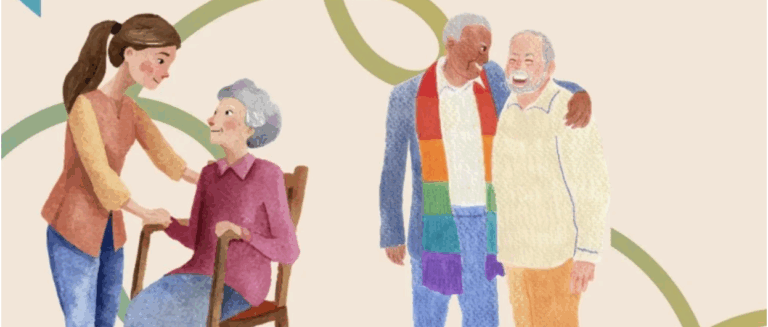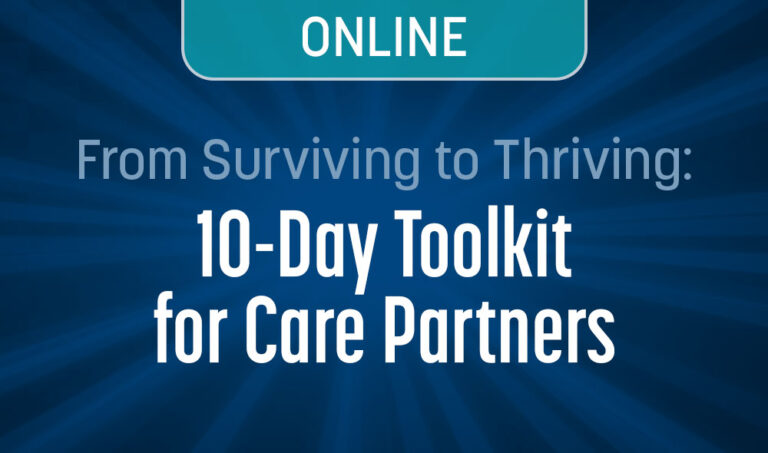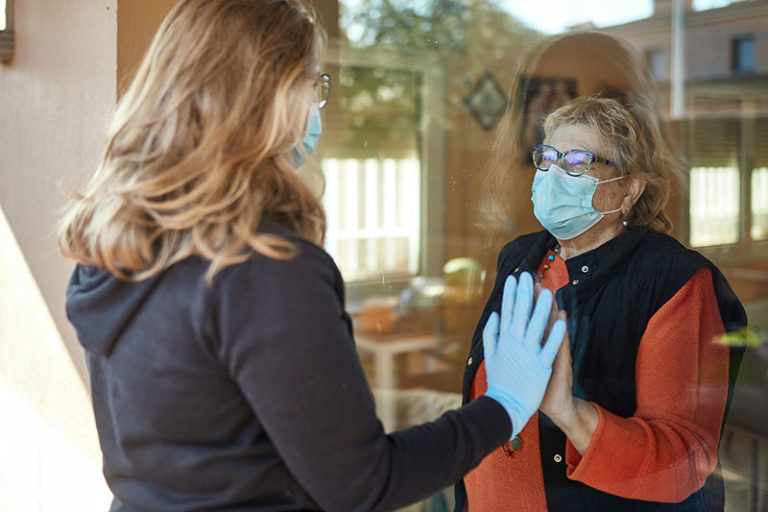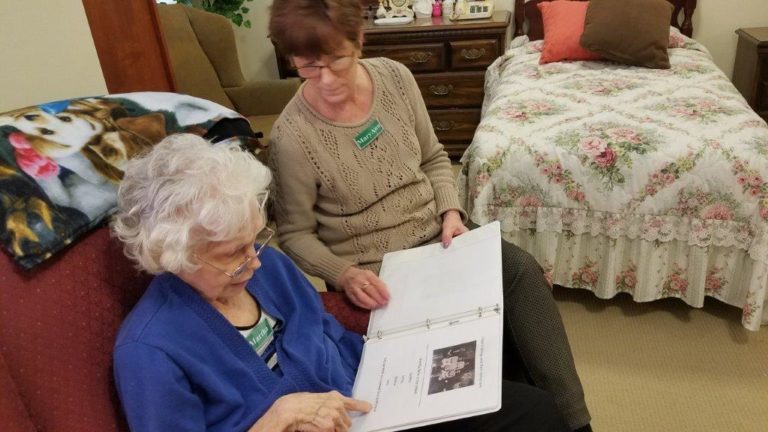MINT’s Montessori Community for Elders & Care Partners
We are proud to share that our partners at the Montessori Institute of North Texas (MINT) have now opened a groundbreaking adult day program designed for Elders and their Care Partners. MINT’s Montessori Community for Elders is rooted in the Montessori philosophy, promoting independence, dignity, and joy in daily life. The day program meets once…










